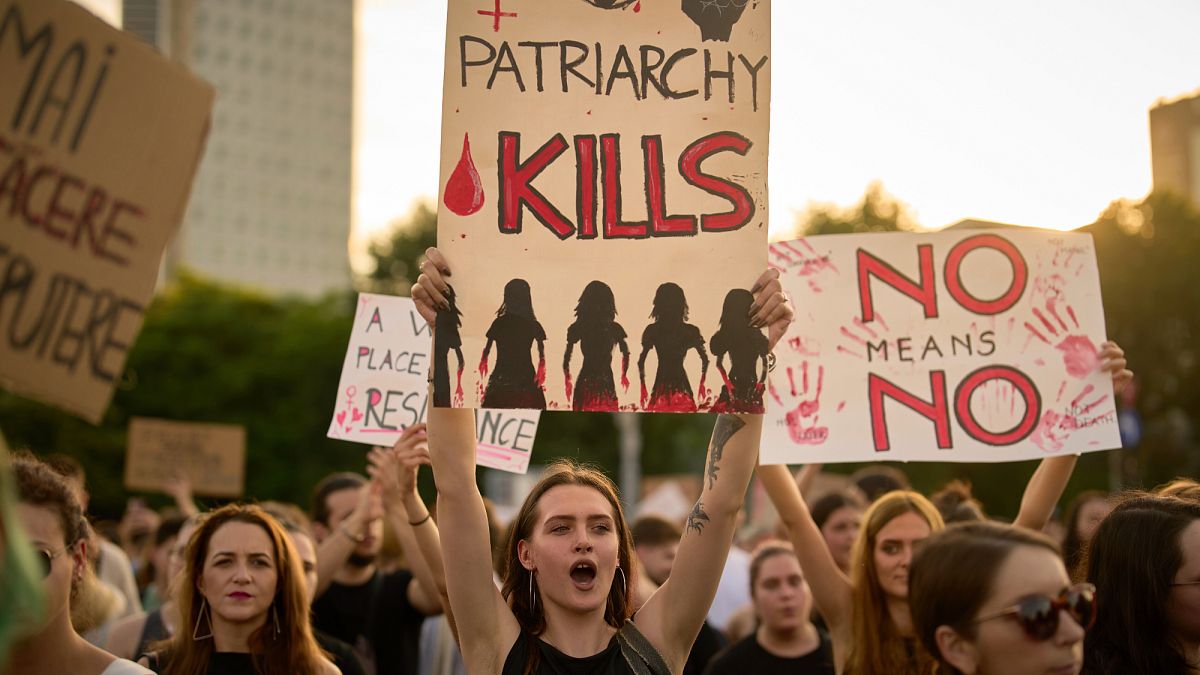

Recent days have witnessed a flurry of activity in the realms of anti-discrimination policies, financial legal battles, and significant diplomatic interactions in Europe. As these stories unfold, they offer a window into evolving legal frameworks and cross-national collaborations aimed at fostering transparency and fairness.
The European Commission has taken a revitalized interest in its equal treatment directive, a move that marks a remarkable shift in its 2025 agenda. Initially removed, the directive has been reinstated, embodying the EU’s continued commitment to fighting discrimination and promoting equality across member states. However, the directive faces hurdles, namely a lack of consensus within the Council, which underscores ongoing challenges in harmonizing policy across diverse national landscapes.
Meanwhile, in the United Kingdom, a long-standing legal saga reaches a pivotal resolution. The UK Supreme Court has overturned the convictions of Tom Hayes and Carlo Palombo, two former traders embroiled in one of the most high-profile financial scandals since the 2008 crisis. This decision emphasizes the importance of enduring justice processes and reflects on the complexities inherent in legal adjudications involving nuanced financial instruments and global markets.
Turning to Eastern Europe, Ukrainian President Volodymyr Zelenskyy finds himself at a diplomatic crossroads with the European Union, following the introduction of controversial anti-corruption legislation. The legislation, perceived to weaken the independence of essential anti-corruption agencies, has sparked domestic protests and invited scrutiny from EU leaders. In response to public and diplomatic pressure, President Zelenskyy has pledged the creation of a new bill to bolster the integrity of Ukraine’s anti-graft frameworks, highlighting the responsive nature of democratic governance to public sentiment and international accountability.
Across the seas, a legal confrontation is brewing between French President Emmanuel Macron, his wife Brigitte Macron, and American commentator Candace Owens. The Macrons have initiated a defamation lawsuit against Owens in Delaware, citing derogatory claims made by Owens that have circulated widely, particularly on social media. This case accentuates the broader dialogue around misinformation and the responsibilities of public figures in maintaining the veracity in public discourse, and showcases the impact of globalized media platforms.
Each of these stories, while disparate, shares a common thread of redefining or affirming the values of justice, transparency, and equality. They remind us of the continuous journey toward social and legal progress in a landscape that is as interconnected as it is complex. As these situations develop, they will undoubtedly continue to shape policy decisions and public opinion across Europe and beyond.
Source: {link}
